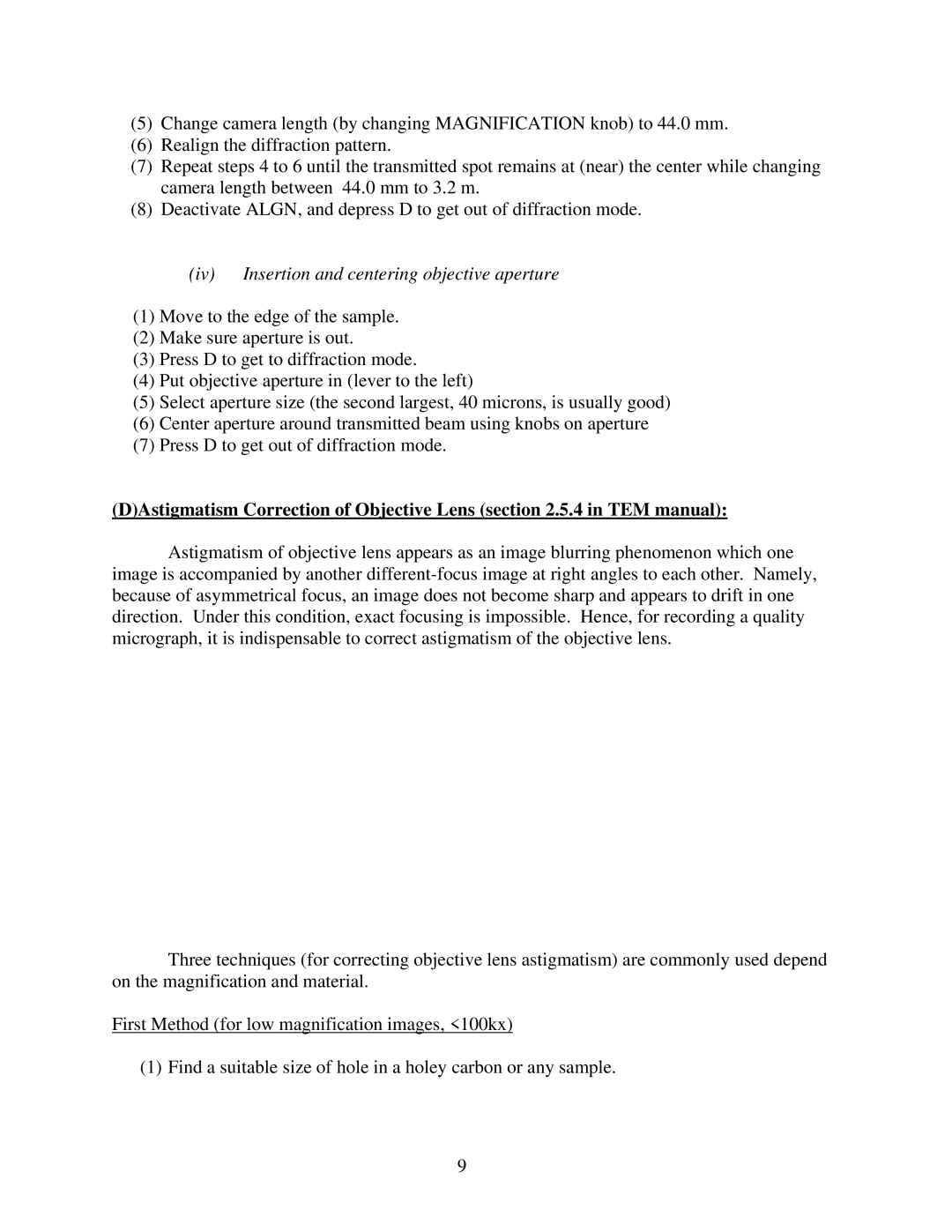CM-20 specifications
The Philips CM-20 is a dynamic and innovative multimedia speaker system that enhances the audio experience for users yearning for rich sound quality and versatile functionality. Designed with modern aesthetics and cutting-edge technology, the CM-20 is ideal for home entertainment setups, providing user-friendly features that cater to audio enthusiasts and casual listeners alike.One of the standout features of the Philips CM-20 is its powerful audio output, delivering deep bass and crisp highs. Its advanced speaker design includes well-engineered drivers that ensure a balanced sound profile, making it suitable for various audio genres, from classical to contemporary. The system is equipped with a built-in amplifier, which optimizes performance and ensures minimal distortion even at higher volumes.
Connectivity is a key aspect of the CM-20. It boasts multiple input options, including Bluetooth, USB, and RCA. This allows users to easily connect a variety of devices, such as smartphones, tablets, and computers, enabling seamless streaming of music. The Bluetooth capability is particularly noteworthy, as it permits users to enjoy wireless audio playback without the hassle of tangled cords.
The user-friendly interface of the Philips CM-20 is another highlight. It features intuitive controls that make it easy to adjust volume, bass, and treble settings, allowing users to customize their audio experience to their personal preferences. Additionally, the speaker system includes a remote control for added convenience, enabling users to manage playback from a distance.
In terms of build quality, the CM-20 combines durability with sleek design. Its compact size makes it easy to integrate into any living space, while the aesthetically pleasing finish enhances the overall décor. The system is built to last, providing a robust solution for long-term use.
Another key characteristic of the Philips CM-20 is its energy efficiency. The speaker system is designed to minimize power consumption without compromising performance, making it an eco-friendly choice for audio lovers.
In summary, the Philips CM-20 stands out with its powerful audio capabilities, versatile connectivity options, user-friendly controls, and appealing design. It represents a great addition to any home audio setup, providing an enjoyable listening experience suitable for any occasion. Whether for casual use or dedicated listening sessions, the CM-20 is engineered to impress.
